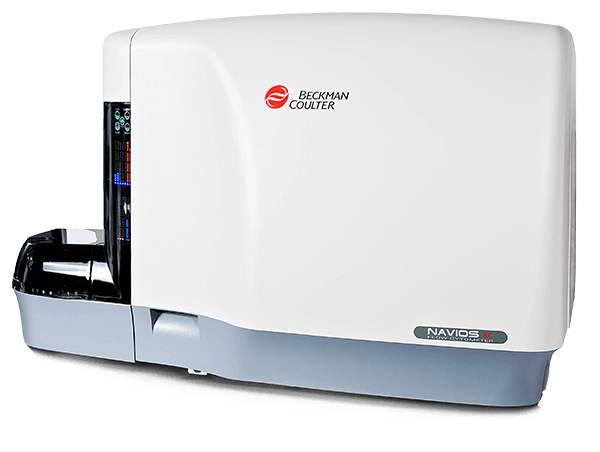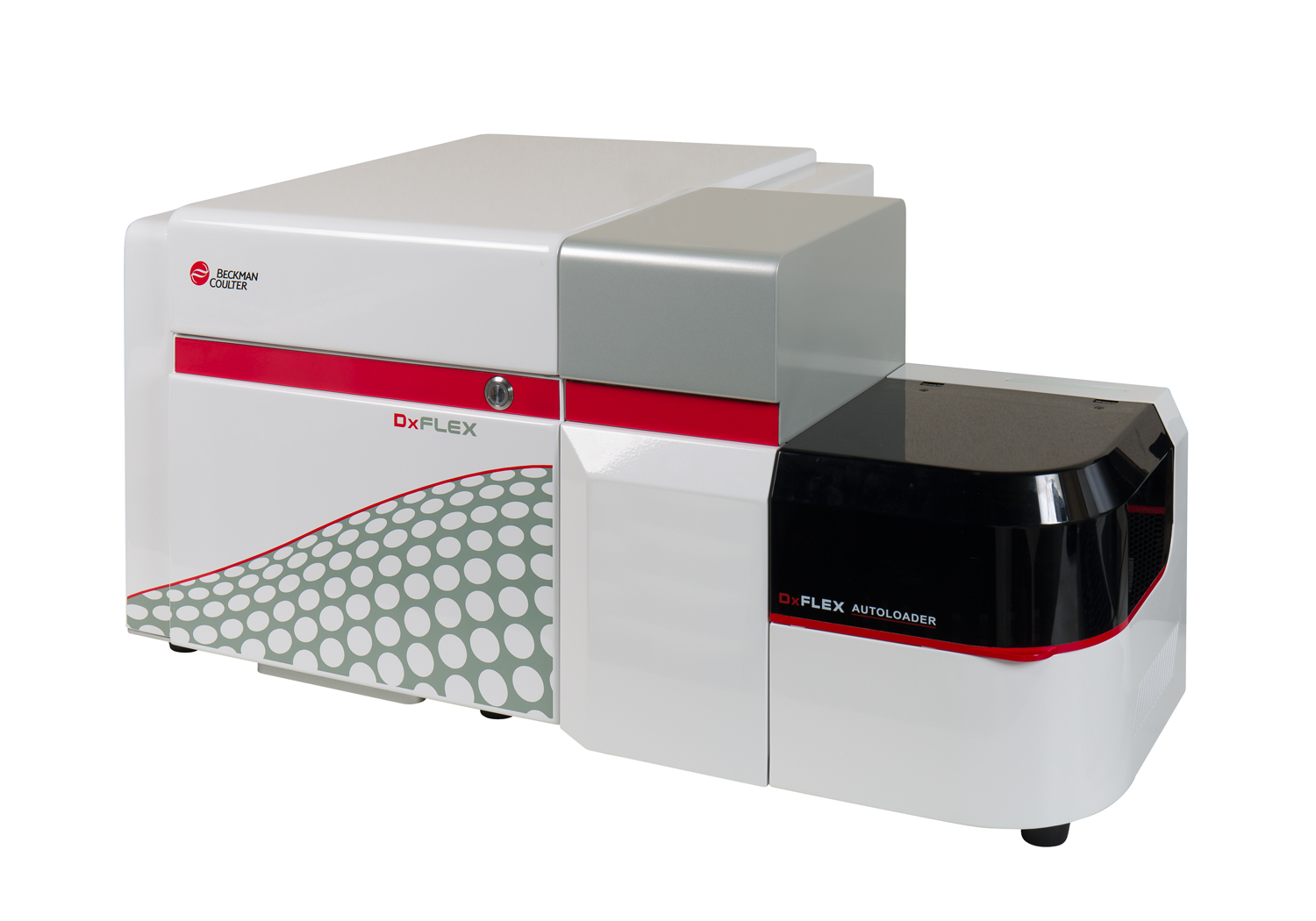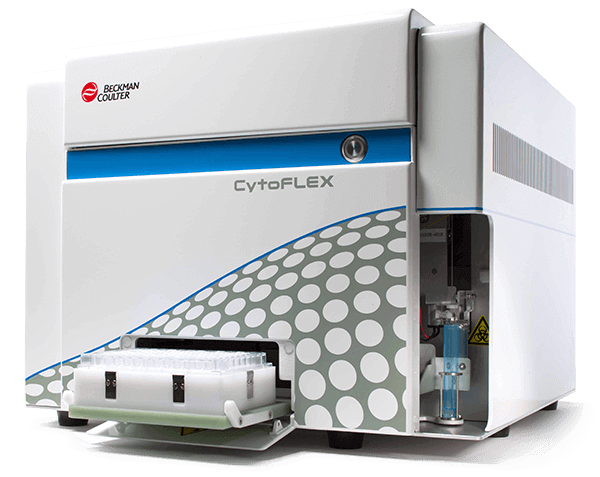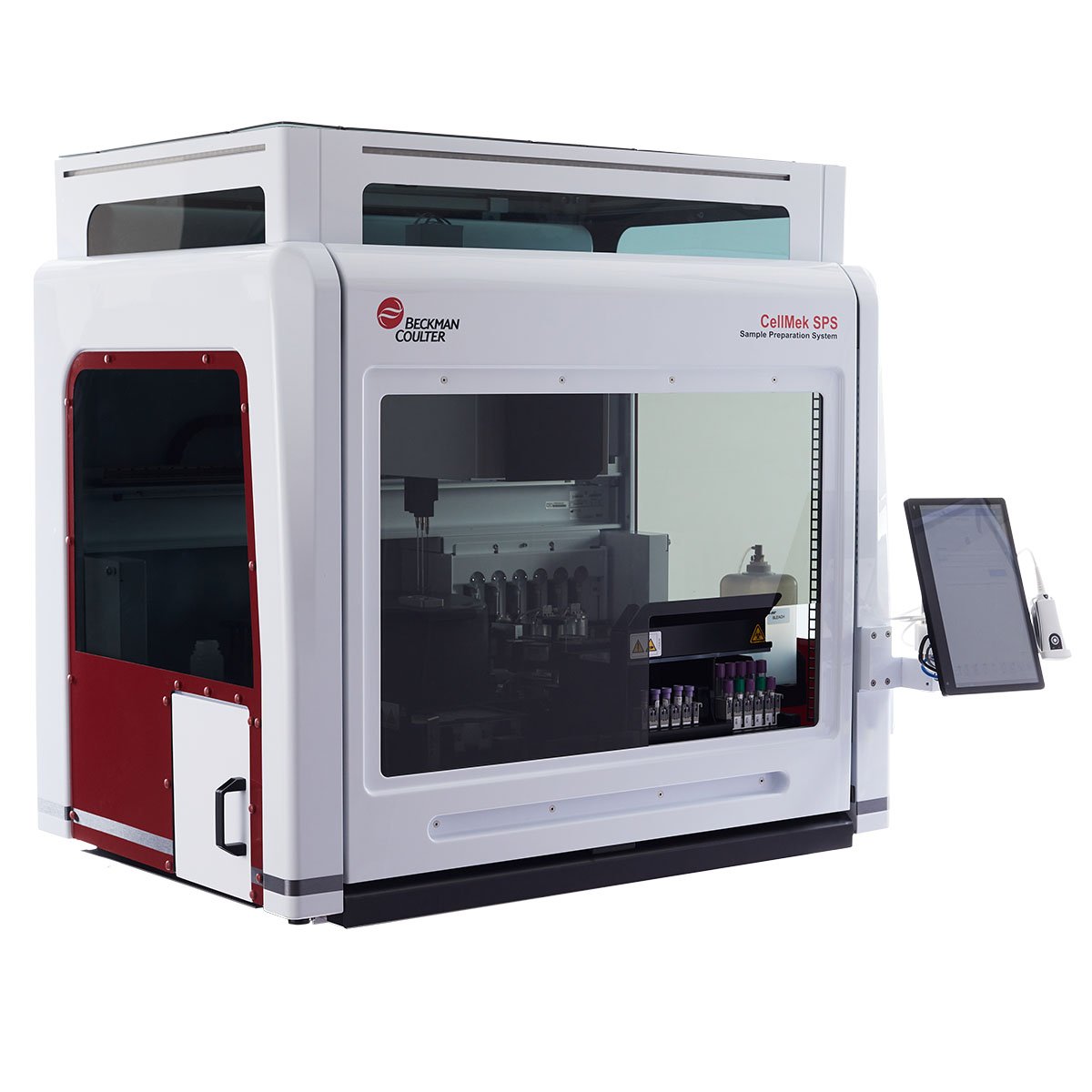CD66c (KOR-SA3544) Antibodies
The CD66c antigen, also known as non-specific cross-reacting antigen (NCA90), is a granulocyte cell surface GPI-linked protein of 80-100 kDa. It is also called KOR-SA3544. Along with CD66a, CD66b and CD66d, it is a member of the carcinoembryonic (CEA) antigen family which are involved in neutrophil activation and signaling and intercellular adhesion. It is also called CEACAM6. CD66c is a surface (and intracellular) molecule bound to the membrane by a glycosylphosphatidylinositol anchor. While its expression on peripheral granulocytes is well recognized, less is known about its distribution in early steps of normal and neoplastic hematopoiesis. It is not expressed by lymphocytes, monocytes, platelets or red blood cells. This antigen is never expressed by normal B cells.
| Clone: KOR-SA3544 | Isotype: IgG1 Mouse |
| In peripheral blood, the KOR-SA3544 antibody reacts with the majority of granulocytes but not with lymphocytes, monocytes, platelets or red blood cells. In normal bone marrow, only the myeloid cells are positive. | |






